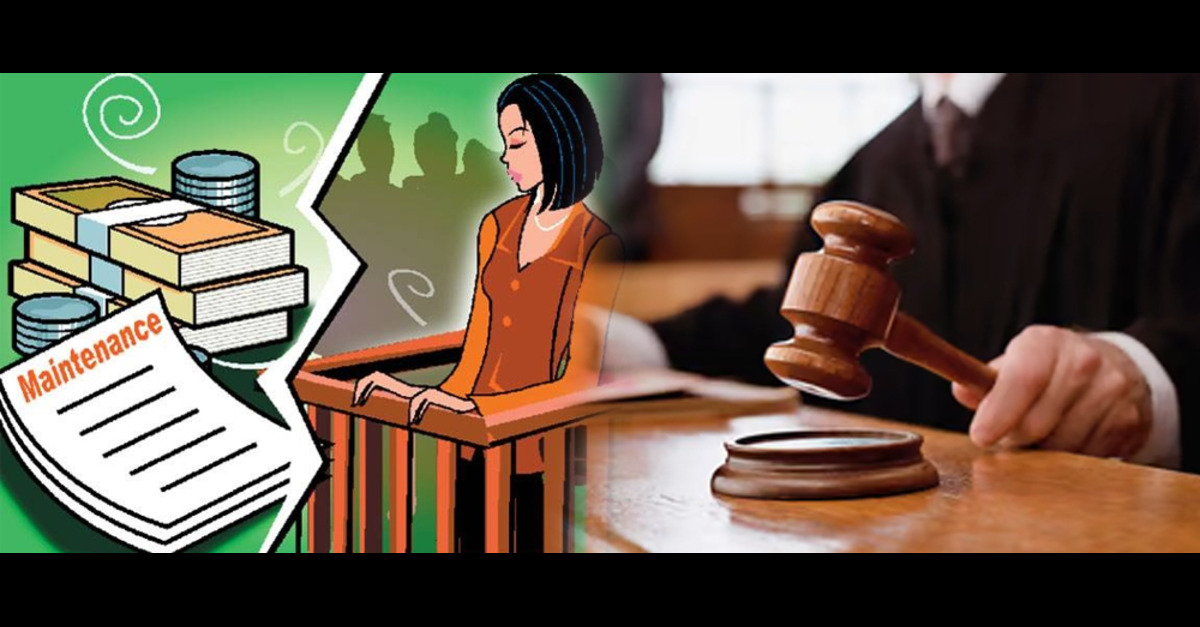INTRODUCTION
According to the historic ruling of the Supreme Court of India, the maintenance rights of a wife and children have preference over creditors’ claims in recovery actions. The right of maintenance, according to the Court, is a fundamental and basic right whose standing is supreme over any statutory rights of unsecured creditors under the Insolvency and Bankruptcy Code, 2016, and the Securitization, Reconstruction of Financial Assets and Enforcement of Securities Interest Act, 2002.
BACKGROUND
This case started when a wife and her children demanded maintenance from the IBC and SARFAESI collection actions. Initially, a Family Court had directed the husband to pay Rs. 6,000 for the wife and Rs. 3,000 per month for each child. Upon an appeal, the Gujarat High Court raised the maintenance payments to Rs. 100,000 for the widow and Rs. 50,000 for each child every month; the verdict was based on the significant business interests of the appellant-husband, whose diamond company had the negative effect of refusing to provide income tax documents in spite of being directed to do so.
The appellant, citing inability to pay the increased maintenance on account of financial constraints, approached the Supreme Court. The Supreme Court subsequently issued interim orders in 2022, reducing maintenance to Rs. 50,000 per month for the wife and Rs. 25,000 per month for each child. Ultimately, maintenance was declared a primary claim, taking preference over creditors’ claims.
KEY POINTS
- Right to Maintenance :The judges stated in their ruling that the right to maintenance is on the same level of recognition as the right to existence, one of those recognized, if not elevated, under Article 21 of the Constitution, being an integral element toward the dignity a person is accorded. This ruling held maintenance in the highest regard, ahead of statutory claims by creditors, and accepted it as a part of fundamental rights. The Family Court also pointed out how the constitutional provision of life with dignity, of vital importance for dependents’ welfare, directly leads to the right to maintenance. This sort of prioritization ensures the wife’s and children’s basic needs have precedence over financial and commercial considerations.
- Major development in the recovery process: The Supreme Court found that the husband’s assets would be subject to preferential charge by virtue of maintenance arrears due to the wife and children. Such arrears are to be paid in full before dealing with any claims made by creditors under the SARFAESI Act, IBC, and other such statutes. This ruling extends to accord with the position that dependents” fundamental rights cannot fall in jeopardy to statutory demands from creditors. The hierarchy has also been established to see to it that maintenance responsibilities far precede corporate liabilities.
- Coercive Measures and Enforcement: The Hon’ble Court has directed the Family Courts to use every method possible, including coercive measures like auctioning the property, to recover back-alimony. It was emphasized that outstanding debts must be discharged without being subjected to creditors” protests. The Court also warned that to give effect to maintenance orders, ineffective compliance would entail severe legal repercussions.
- The right to maintenance: According to the judges’ ruling, maintenance is well recognized as the right to life, which is one of the enumerated rights under Article 21 of the Constitution and is an important part of the dignity conferred on every human. Such judgments recognized maintenance as part of a set of rights guaranteed under a constitution that also prioritizes it over statutory claims by creditors. The Family Court also noted that a right to maintenance is a corollary to a fundamental right guaranteeing life with dignity, which is a matter of special importance for dependent benefit. The preference given to it guarantees that the necessities of a wife and children must be placed ahead of commercial interests.
RECENT DEVELOPMENTS
The Supreme Court ruled that preference charge will be created over the husband’s properties once there is an accumulation of dues towards maintenance of wife and children. The entire amount due should be cleared and paid before any claims made by creditors under the SARFAESI Act, IBC, and other similar acts. This judgment even promotes the principle that fundamental rights of dependents cannot be compromised with statutory claims of creditors. Moreover, the structure has been constituted in an orderly fashion in such a manner that compliance with maintenance obligations comes way ahead of commercial liabilities.
CONCLUSION
The Court ordered Family Courts to recover back-alimony by all means necessary and implemented coercive actions, such as property auctions. It must be borne in mind the payment of obligations against creditors without protest. The Court also added that noncompliance with maintenance orders would entail serious legal ramifications.
“PRIME LEGAL is a full-service law firm that has won a National Award and has more than 20 years of experience in an array of sectors and practice areas. Prime legal falls into the category of best law firm, best lawyer, best family lawyer, best divorce lawyer, best divorce law firm, best criminal lawyer, best criminal law firm, best consumer lawyer, best civil lawyer.”
WRITTEN BY: MADHAV SAXENA


